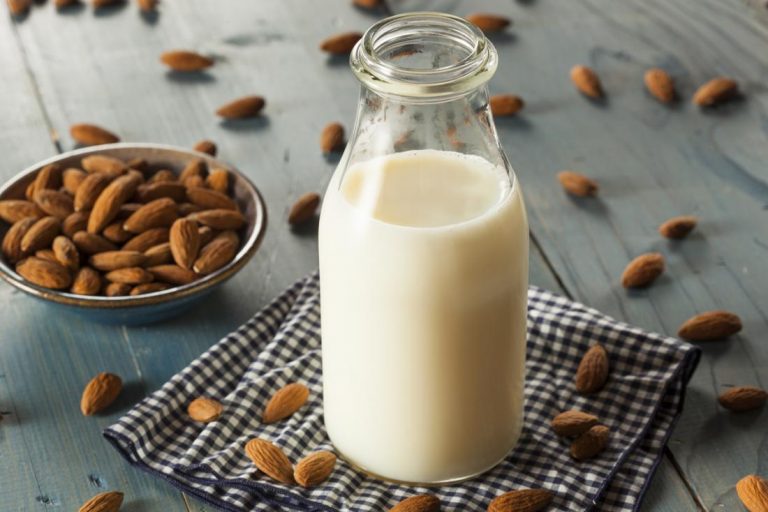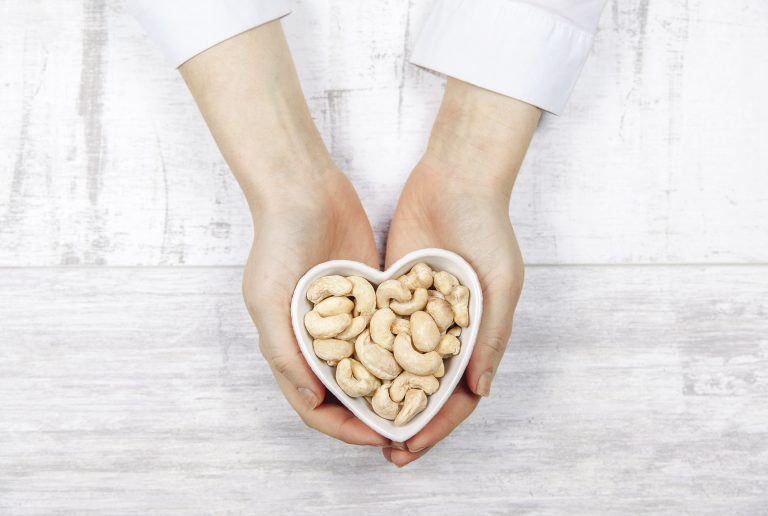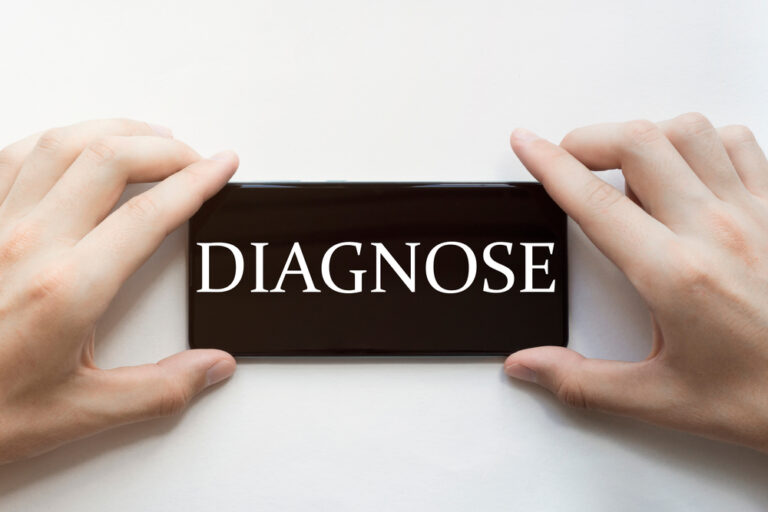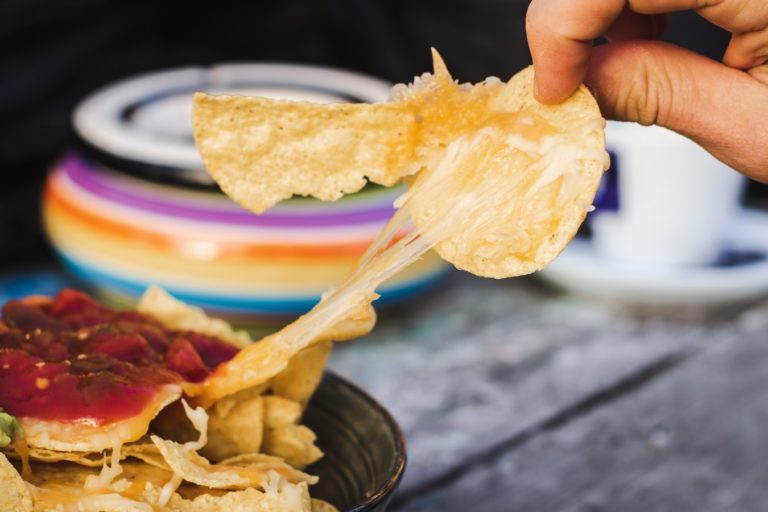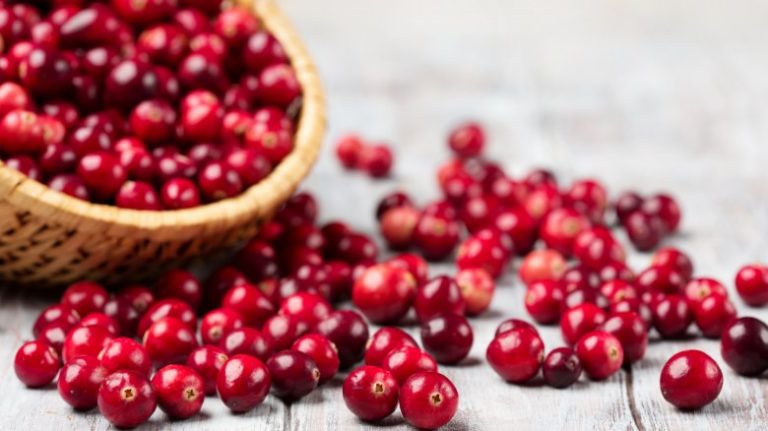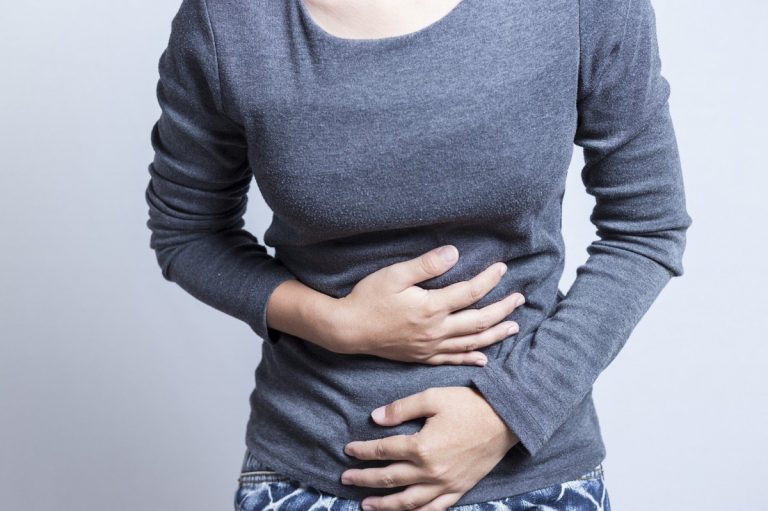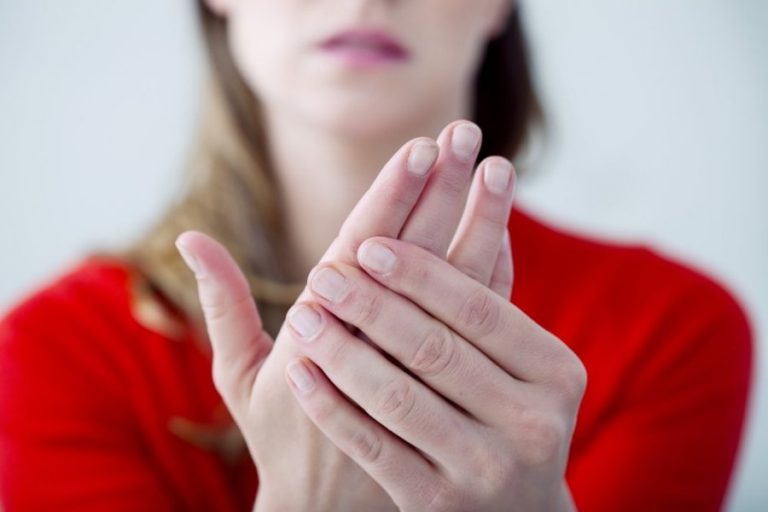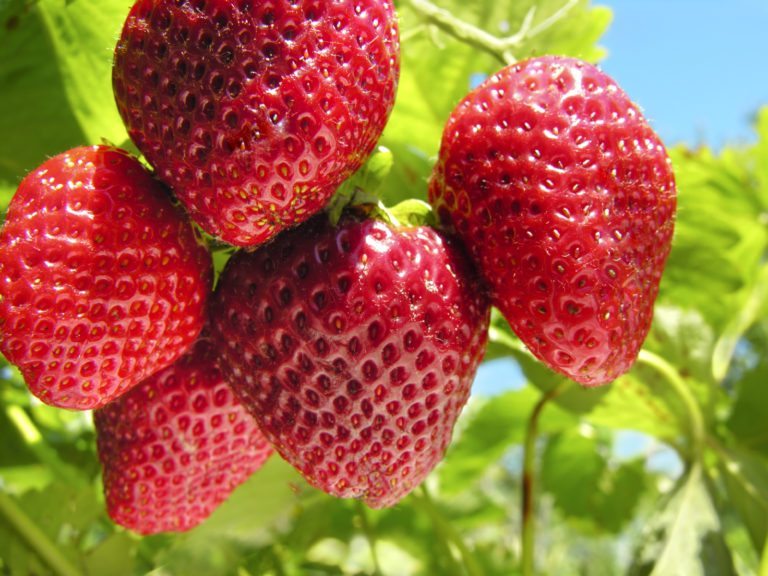
Colon, or colorectal cancer, is any cancer involving the large intestine and/or rectum, and can be as painful as that sounds. Unfortunately, it is very common, with almost 150,000 new cases diagnosed each year. “In the United States, it remains the second most lethal cancer in men and third most in women,” Amir Masoud, MD, a Yale Medicine gastroenterologist, says.
“While the incidence of colorectal cancer has declined in people over the age of 50—thanks to effective screening programs—we are seeing an uptick in new cases involving younger patients.”
Usually symptoms do not present themselves until colon cancer is in more advanced stages, although a colonoscopy before it starts to cause symptoms can help. “It is therefore imperative that we are aware of the possible warning signs and seek immediate medical attention if any of these are present,” explains Dr. Masoud.
Here are the signs and symptoms of colon cancer you need to look out for.
Unusual BMs
Diarrhea. “Tumors in the right-colon are likely to bleed and cause diarrhea,” explains Dr. Beatriz Amendola of Innovative Cancer Institute in Miami, Fl. She points out that younger patients are more likely to be misdiagnosed for IBS irritable bowel syndrome (IBS).
Constipation. “As the tumor grows it can cause the diameter of the colon to become smaller and smaller making it harder to pass stool through the colon,” explains Kristina Booth, MD, OU Medicine colorectal surgeon. “This can result in less frequent bowel movements and in some cases narrowing of the stool, too.”
Thin, Bloody Stools. In addition to constipation and diarrhea, any other changes in stools can be a sign of colon cancer. Steven Reisman, MD, Director of New York Cardiac Diagnostic Center, specifies that narrow or thin stools or those with blood in them (red or black) are things to look out for. “These symptoms can represent a tumor blocking the colon or bleeding into the colon,” he explains.
Hard Belly Button Lump
If you notice any hardness around your belly button, do not ignore it. “A hard knot at the belly button could be a Sister Mary Joseph node,” explains Dr. Booth. In addition to being a sign of colon cancer, it could also be a sign of another cancer in the abdomen, that has spread outside the colon.
Iron Deficiency and Anemia
Anemia, or a lack of iron, can be a symptom of colon cancer. “This is due to the gradual loss of blood in the stool,” says William Tierney, MD, OU Medicine gastroenterologist. “The bleeding very slow and is not visible in the bowel movement so it is silent but occurs continuously over months to years leading to depletion of the body’s iron stores.”
Unexplained Weight Loss
If you are losing weight and have no explanation for it, it could be a sign of a variety of different cancers—including colon. If you have any other symptoms—especially a change in stools—you shouldn’t ignore the numbers going down on the scale, says Dr. Reisman.
Abdominal Cramping or Pain
If you are feeling discomfort, pain, or cramping in your midsection and it won’t seem to go away, you shouldn’t ignore it. “If this lasts for a significant amount of time (more than a week) or gets progressively worse it may represent a tumor in the colon,” explains Dr. Reisman.
Unexplained Loss of Appetite
While losing your appetite for no explainable reason could be due to so many health issues or cancer, if it is paired with other colon cancer symptoms—especially changes in bowel habits—it shouldn’t be overlooked.





